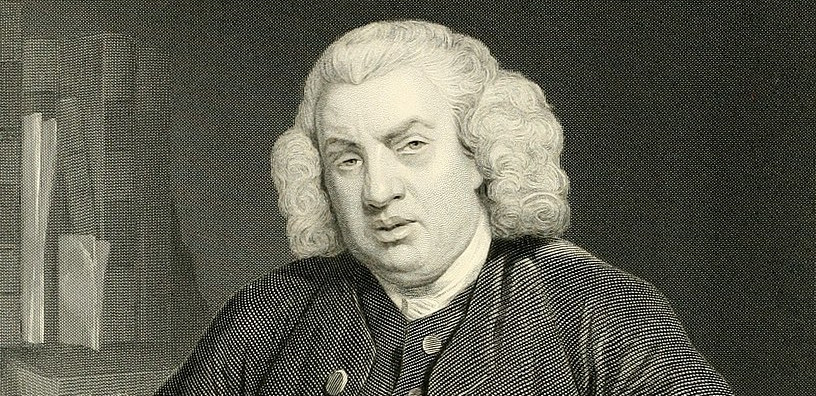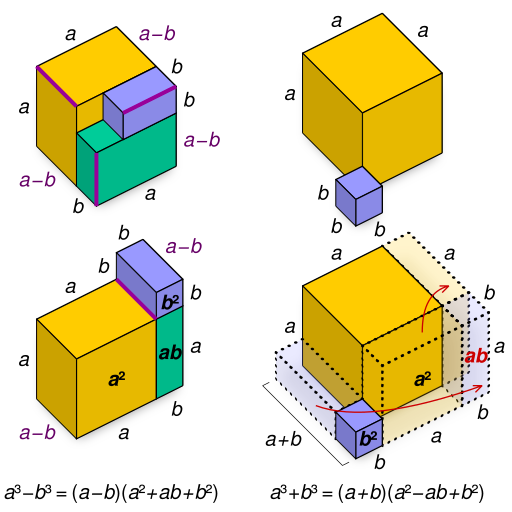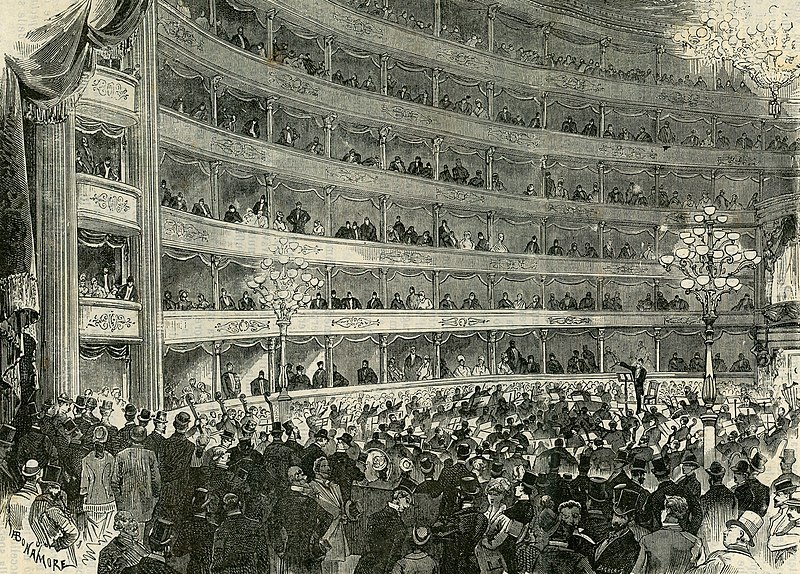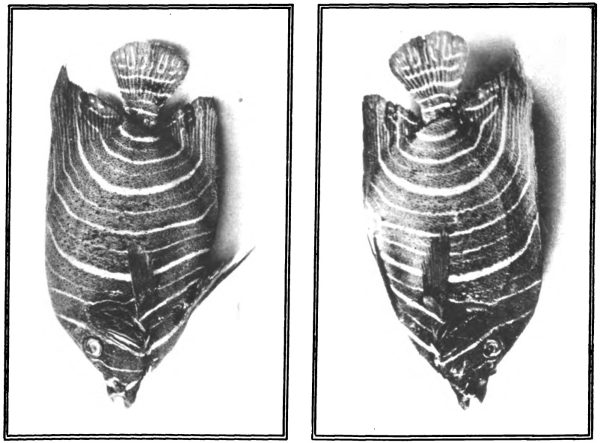Caprices of Oxford dons, recounted in Maurice Bowra’s Memories: 1898-1939:
“In his quiet way [Wadham College Warden Joseph Wells] had an impressive authority, and it was told that once, when he heard a fearful row in the back quad, he walked up in the dark and said, ‘If you don’t stop at once, I shall light a match.’ They stopped.”
“[Oxford administrator Benjamin Parsons] Symons never admitted that he was wrong. An undergraduate was found drunk, and Symons abused another, quite innocent man for it, who said that his name was not that by which Symons had called him, but Symons would not admit it. ‘You’re drunk still. You don’t even know your own name. Go to your room at once.'”
“[Philosophy tutor Frank] Brabant kept a car and drove it badly, even by academic standards, which, from myopia, or self-righteousness, or loquacity, or absorption in other matters, are notoriously low. Once when I was with him, he drove straight into a cow and knocked it down, fortunately without damage. When the man in charge of it said quite mildly, ‘Look out where you are going,’ Brabant said fiercely, ‘Mind your own business,’ and drove on.”
See Metathesis.





